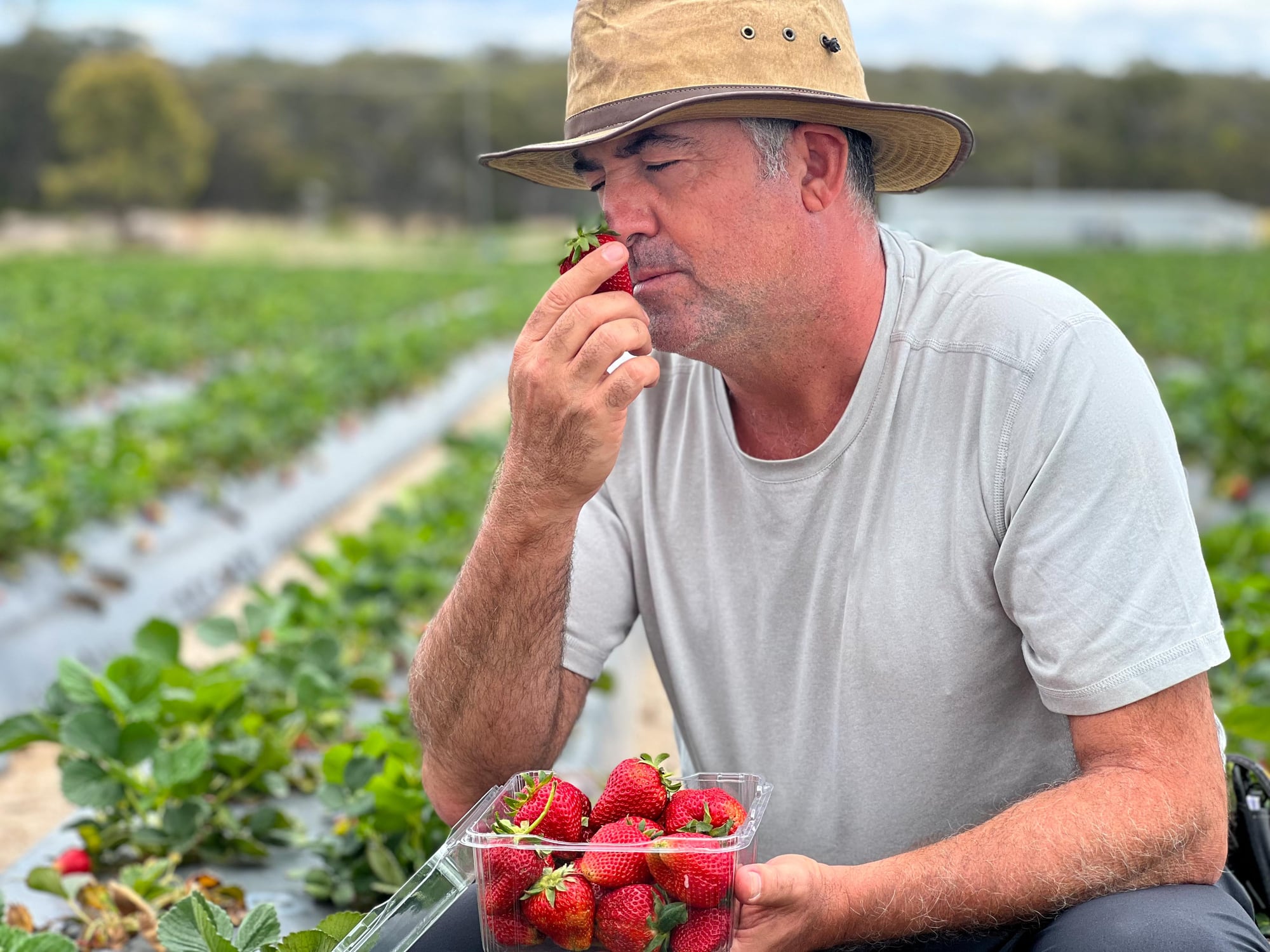What is SVZ business strategy and market outlook - summary
- SVZ leverages clean-label and functional food trends to boost demand
- GLP-1 drug impact favours natural fruit sweetness and vegetable-based flavours
- Growth plan targets Asia-Pacific expansion and tropical ingredient integration
- Price volatility addressed through diversified sourcing and supplier partnerships
- Sustainability efforts include pesticide reduction, water savings, and circular production
Many of the biggest trends in food and beverage this year have focused on health.
Consumers are crazy about clean-label ingredients and fanatic about functional foods. Even GLP-1 weight-loss drugs are expanding in popularity, pushing the food industry to respond.
The newfound focus on health and processing has brought many key players in the food industry under fire. Yet Döhler’s fruit and vegetable ingredients arm, SVZ, known for its fruit and vegetable-based products, is not worried.
Functional health and clean-label could benefit SVZ
As consumers are increasingly attracted to functional health and clean-label products, how significant will the impact on SVZ be?
“I’m very positive” about the clean label trend, says Johan Cerstiaens, managing director at SVZ, “because we are 100% natural”.
This trend has in particular provided SVZ an opportunity in colours. People increasingly want to avoid artificial colourants, but they also want products with bright colours.
This is attracting them to SVZ’s natural food colours, particularly those derived from red beet.
People are also attracted to SVZ’s purees and concentrates to provide flavour to products, rather than using artificial aromas.
The functional health trend has also driven an increased demand for products containing fibres, antioxidants, and vitamins, says Cerstiaens.
Is SVZ worried about GLP-1s?
GLP-1 weight-loss drugs, according to much of the research on the topic, can put a lot of consumers off very sweet tastes.
Despite this, suggests Cerstiaens, the trend could benefit SVZ. This is because many of the sweetest products are developed through added sugar.
In contrast, SVZ produces ingredients from fruit, creating a different, less intense form of sweetness. This will bring more demand for SVZ’s products, he suggests.
Furthermore, the company’s range of vegetable-based products can provide consumers with savoury tastes.

Growth through expansion
Beyond its response to the health trend, SVZ lays out its business strategy.
The company is focused on growth, aiming to reach double-digits year-on-year. It will do this by expanding, both in terms of geography and product.
Geographically, the Dutch ingredients company wants to expand to the Asia-Pacific region, explains Cerstiaens.
Secondly, it is diversifying its ingredients offerings, integrating tropical ingredients from brand Netra Agro into its overall portfolio.
It is also reaching into different types of food. Typically focused on providing ingredients for juices, dairy and ice cream, the company is looking to expand to soup, sauces, bakery and ready meals.
How SVZ deals with price volatility
SVZ, like almost all food ingredients suppliers, has been impacted by commodity price volatility around the world.
The company is in part protected by the fact that part of its portfolio is made up of vegetables, which have not seen as much volatility as many ingredients. However, last year even this sector saw shortages.
The volatility has led, in many parts of the food industry, to the rewriting of recipes, the costlier ingredients replaced with cheaper ones.
SVZ has been in discussions with customers on sourcing different ingredients to fulfil the same needs, explains Cerstiaens.
In the long-term, the company is looking to expand its own sourcing regions. Looking to regions further from its factories, may help the company mitigate the impacts of price volatility.
It also plans to re-enter partnerships with food processors, which will provide it with access to a larger market share.
Sustainability remains a priority
SVZ has “never been trend-sensitive” on sustainability, explains Cerstiaens. The company was always invested in it, he says, even before such investment began to dominate corporate practices.
“If the planet or the farmers are not doing well, then in the end our supply will dry up.”
Now that the sustainability narrative is declining around the world, how does SVZ plan to address it going forward?
It will double down. Sustainability is more important than ever, explains Cerstiaens.

It will continue to reduce the use of pesticides, cut down on water use, and explore sustainable alternatives to plastic for crop protection. The company also focuses on providing farmers with good seeds, reducing the need for pesticides. It has also invested in regenerative agriculture.
The focus is shifting from harm reduction to actively improving practices.
In the production side, SVZ is focusing on circularity, ensuring that ingredients which would otherwise go to waste are put back into the supply chain.
It has done this successfully with kiwis and blueberries in the past, and is now looking to do the same with mangos and other tropical fruits.
Despite the complex and challenging environment, SVZ is ambitious: in health, in sustainability, in growth.





